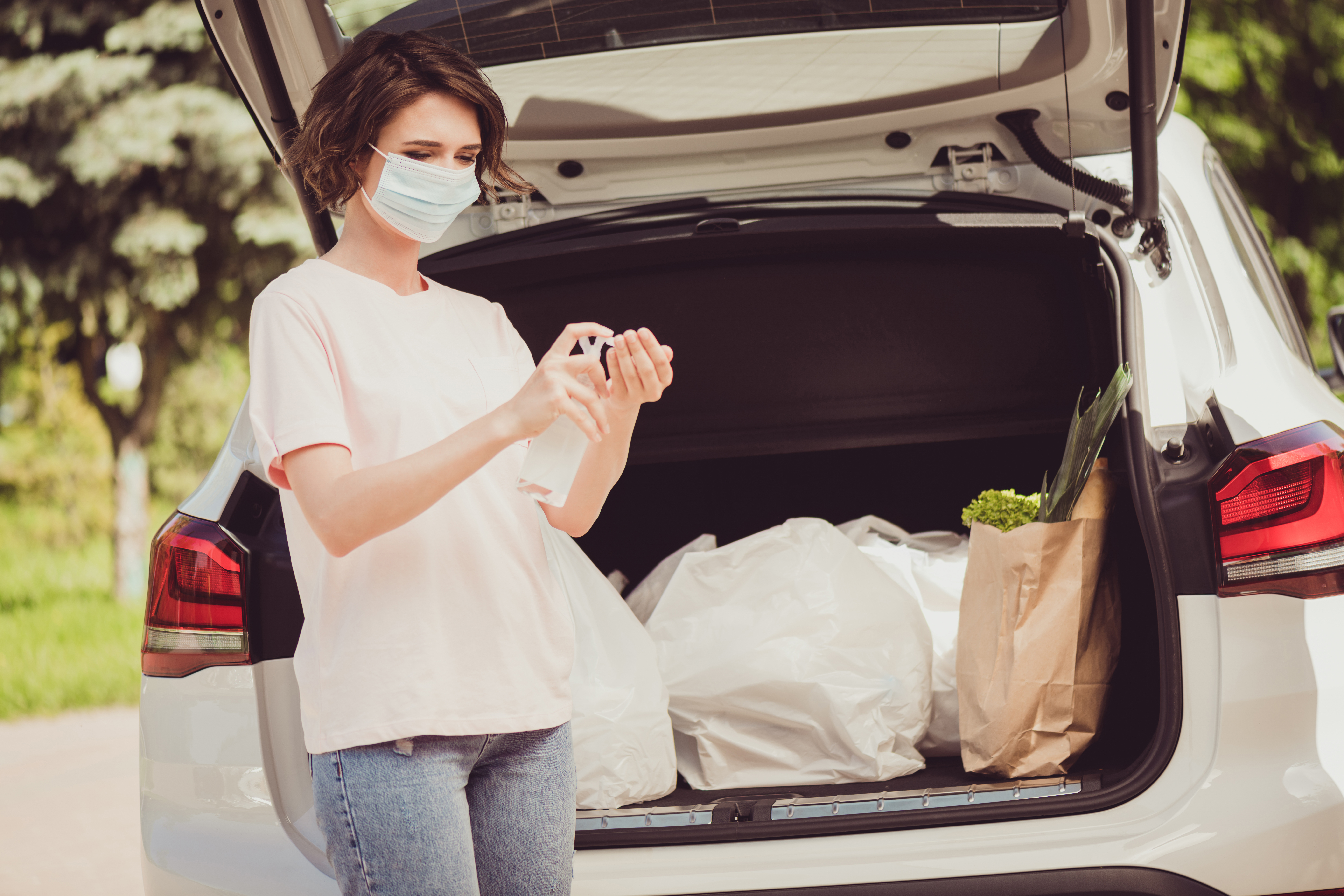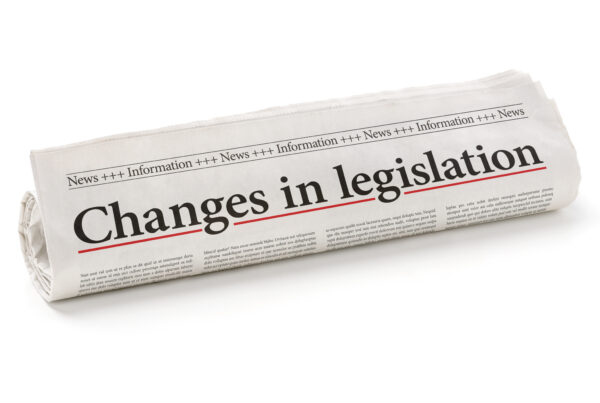MCEC and its members remind users to pay attention to the use of disinfectants at home and at work in order to avoid unwanted possible adverse health impacts.
Covid-19 remains a challenge for all of us; it has changed how we interact with each other, how we move from place to place, how we work, and how we consume. It also changed our approach to hygiene, and the hygiene of our environment.
With this in mind, disinfection has suddenly taken a much more important role in our daily lives. Of course, we always used disinfectants before the crisis; these are products often used in schools, in hospitals, in gyms, etc. But they have become paramount to keeping a healthy living environment and protecting ourselves from the virus.
Meanwhile the increased use of disinfectants has also led to an increase in notifications to poison centres around the world due to the adverse effects caused through skin exposure, inhalation or even in some cases, ingestion.
The US Centres for Disease Control and Prevention (CDC)[1] reported a 20% increase in calls for incidents connected to disinfectant uses. In Belgium[2], the Poison Control Centre recorded a 15% increase in calls because of drug and alcohol poisoning, or related to the use of bleach, a very-well known disinfectant. A quick Net search shows similar situations in many regions throughout the globe.
In the vast majority of these cases, the issue came from an evident misuse of the products, perhaps due to a panicked state or lack of awareness. Under normal circumstances, and by strictly following the right conditions of use, disinfection causes no harm while protecting people and our surrounding environment.
This has led national and EU authorities to issue numerous lists of recommendations on the proper use of products that were designed to protect workers and consumers. In view of the trouble caused, but which could be easily avoided, MCEC and its members would like to remind all users to follow certain rules when using a disinfectant:
- Strictly comply with the conditions of use of cleaning or disinfecting products which are indicated on the labels;
- Never mix cleaning or disinfecting products with each other;
- Keep all household and alcohol-based products out of the reach of children;
-
When applying hand disinfectant, make sure your hands are dry before touching electrically charged objects;
- Do not use floor and surface cleaners/disinfectants for personal hygiene purposes;
- Do not clean food with bleach or any other cleaning or disinfecting product that is not intended to come into contact with food in the first place; and
- In the event of any wrongful exposure to a disinfectant, e.g., the ingestion of an alcohol-based hand sanitiser, immediately call a doctor or emergency services.
While we may not all be able to work on finding the vaccine, we can all take the right preventive measures to keep ourselves and the ones we care about protected.
[1] Cleaning and Disinfectant Chemical Exposures and Temporal Associations with COVID-19 — National Poison Data System, United States, January 1, 2020–March 31, 2020, https://www.cdc.gov/mmwr/volumes/69/wr/mm6916e1.htm
[2] Number of bleach-related incidents up in Belgium due to COVID-19 fears, Euractiv, May 20, 2020, https://www.euractiv.com/section/health-consumers/news/number-of-bleach-related-incidents-up-in-belgium-due-to-covid-19-fears/







